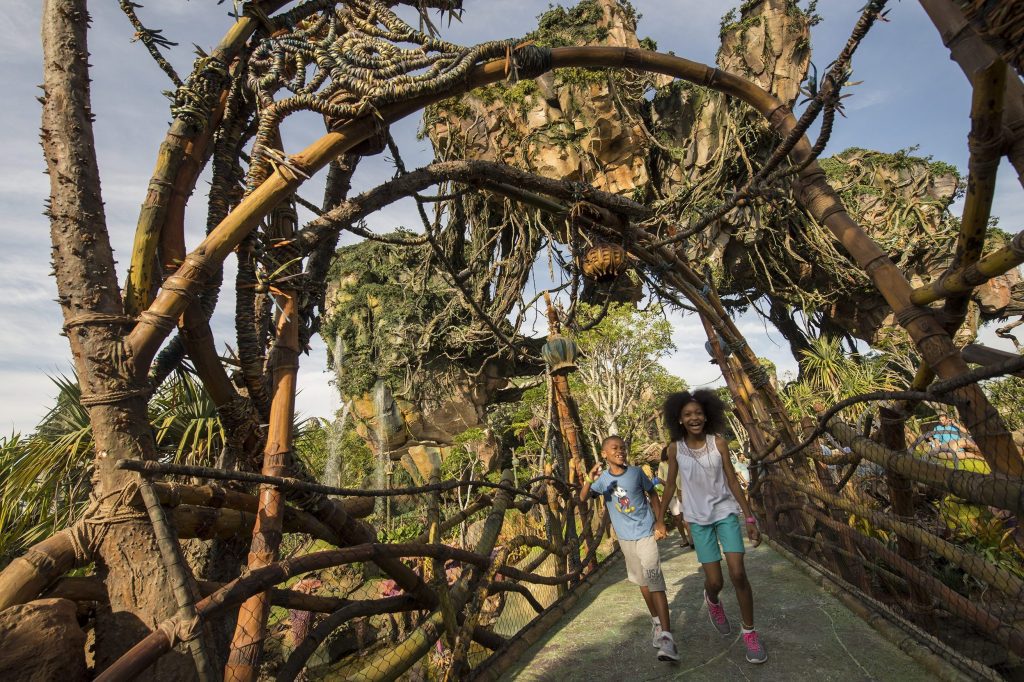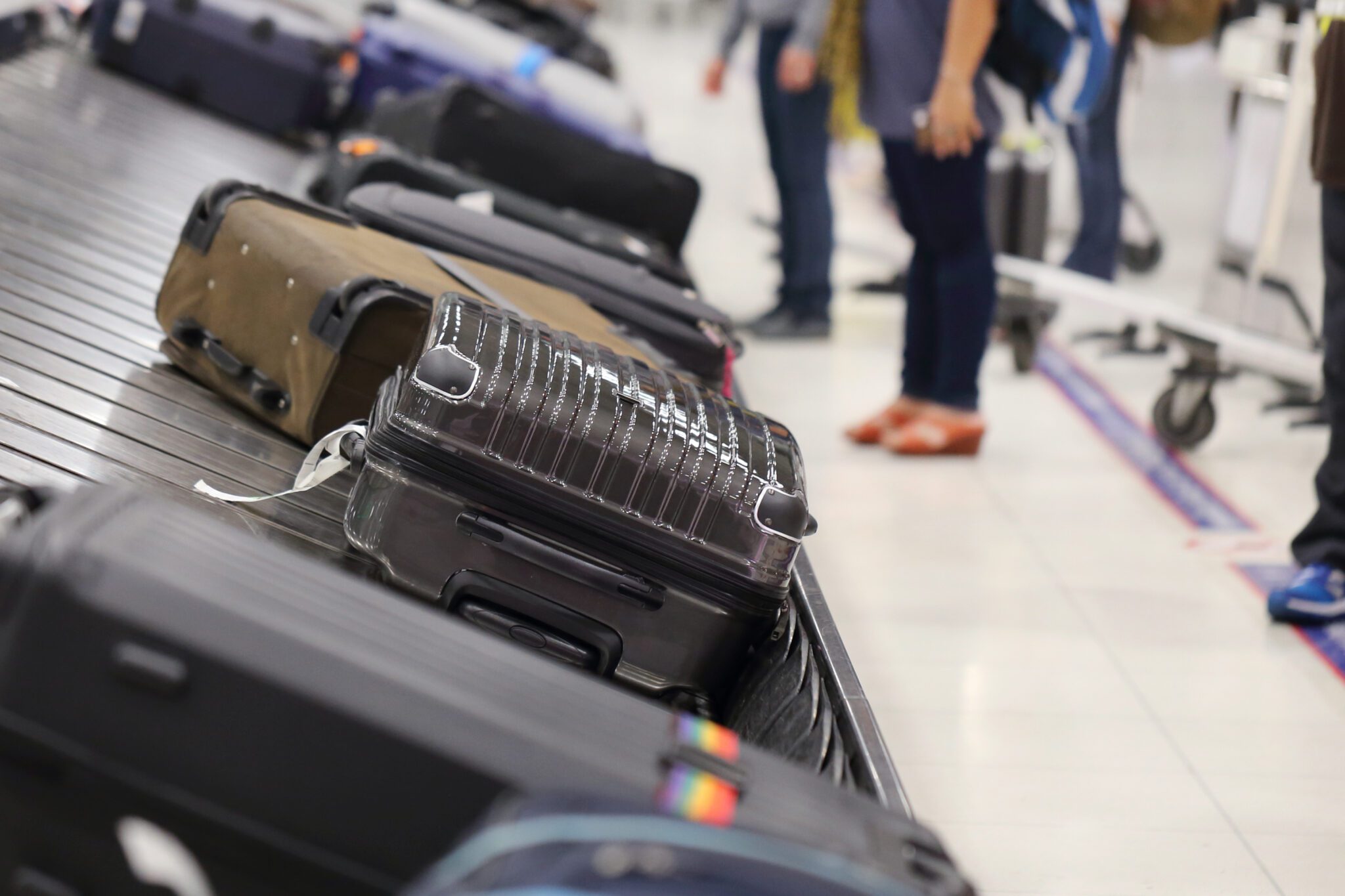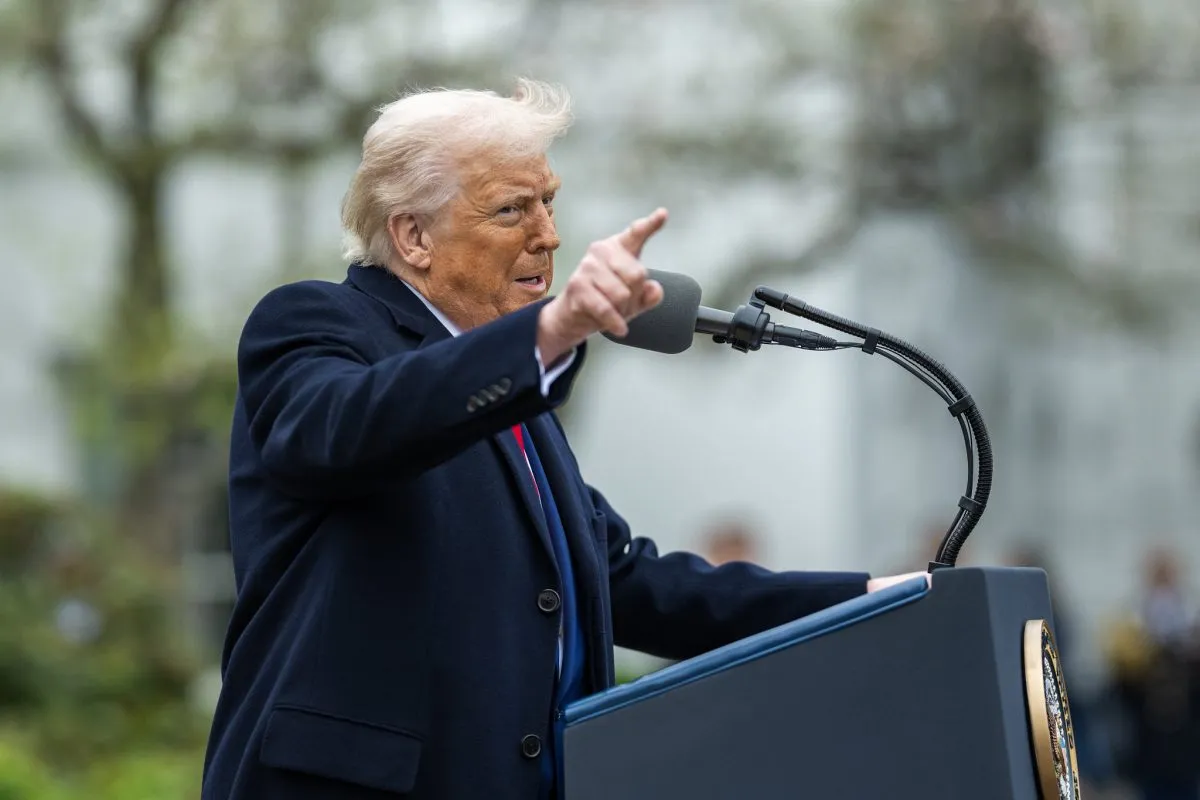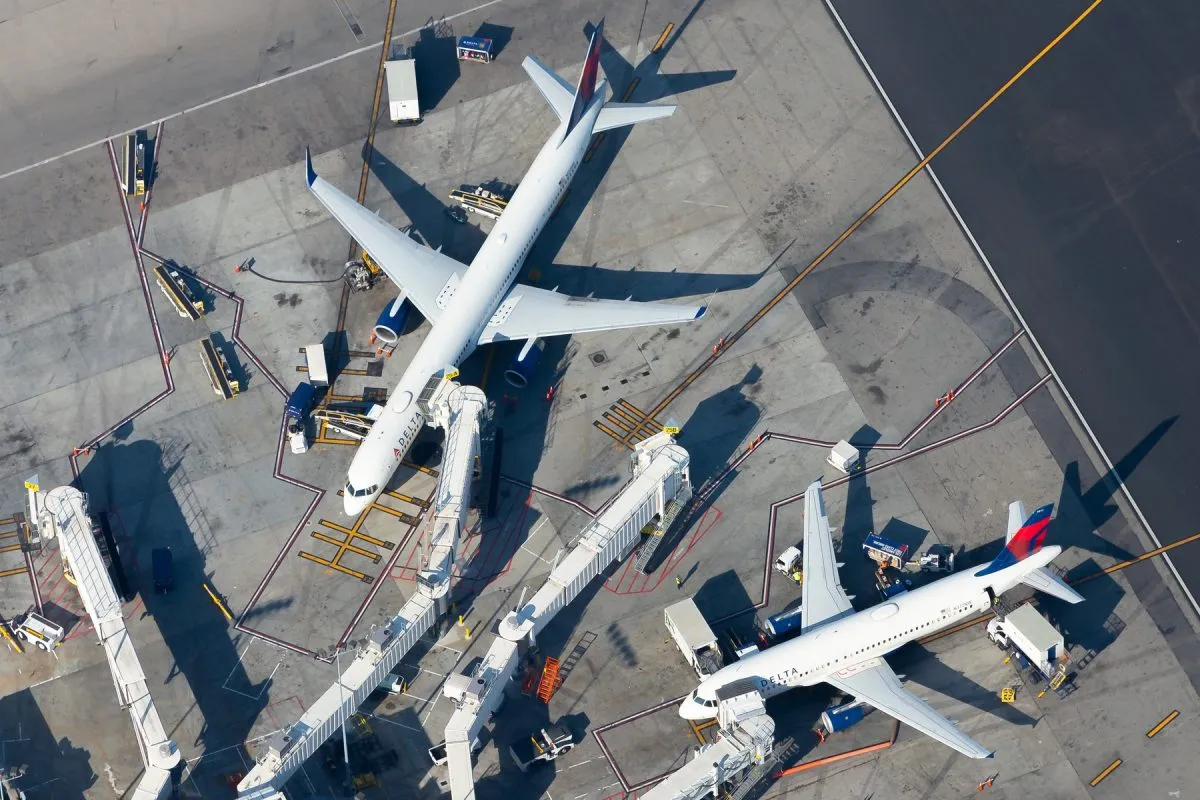5 Top Theme Park Trends Dominating the Season

Skift Take
The world's largest theme park operators are on a spending spree as competition for visitors grows ever more fierce.
Disney, Universal, SeaWorld, and Six Flags have all announced new plans to add rides, attractions, and entire lands in the past few months — on top of expansions already in the works.
That kind of investment is crucial for operators to hold onto their fans, Dennis Speigel, president of consulting firm International Theme Park Services, told Skift earlier this year.
"Our industry is a mature industry now, over 60 years old, and the hardest thing for us to maintain is market penetration," he said. "And you do that through managing attrition, introducing new programs, season passes, capital investment."
This year has presented challenges for the industry, and some operators have managed better than others.
In August, SeaWorld CEO Joel Manby told analysts he was "not satisfied with our results" for the quarter that ended June 30 after attendance was disappointing at parks in San Diego and Orlando. Per-person revenue fell and the company reported a net loss after having to take a significant write-down on SeaWorld Orlando. Executives lowered the forecast for the full year.
At Six Flags Entertainment, the first six months were so much softer than expected that the Texas-based company said in late July it was no longer "probable" that it would meet financial targets for this year. During the second quarter, per-capita spending and net income fell.
"I’ll be blunt with you: I think that we can move with more urgency, I think the opportunities we have are with us right now," CEO Jim Reid-Anderson said at the time. "And I think we need to execute faster, more efficiently, and in a more focused way to truly achieve our potential."
Here are some of the trends that have dominated the last few months for theme parks.
WEATHER IS COMPLICATING MATTERS
The biggest blow came in early September when Hurricane Irma tore through Florida, forcing operators to close theme parks all over the state.
Walt Disney World Resort, Universal Orlando Resort, SeaWorld Orlando, Busch Gardens in Tampa and Legoland Florida all shut down for at least two days. Parks escaped significant damage from the storm, but the closures and related cancellations are likely to hurt business for the quarter.
Even before the hurricane, executives at Six Flags Entertainment said weather was causing problems. Rain over the Memorial Day holiday weekend and in the last two weeks of June kept attendance lower than expected at the company's Texas and East Coast parks.
INTELLECTUAL PROPERTY FUELS EXPANSION
From Sesame Street to Guardians of the Galaxy, Star Wars, Harry Potter, and Avatar, established brands are dominating the landscape when it comes to theme park additions.
Disney has made the most news on this front, announcing extensive plans in July at D23 Expo, a fan event. In addition to revealing new details about upcoming Star Wars-themed lands in Orlando and Anaheim and a Toy Story land in Orlando, the company also said new additions would be based on the Tron films, Pixar movies, and Marvel superheroes including Guardians of the Galaxy.
That followed the opening of Pandora — The World of Avatar, based on the James Cameron movie, and a renovation of an older ride that added a Guardians of the Galaxy update.
Universal Parks & Resorts opened a new Minion Park, built around the animated yellow villains, at Universal Studios Japan earlier this year. And the company announced a brand new roller coaster would be finished by 2019 at the Wizarding World of Harry Potter — Hogsmeade in Orlando.
Not to be outdone, Six Flags announced a lineup of new rides for 2018 this month that includes several based on DC Entertainment characters such as Wonder Woman, Harley Quinn, and Cyborg.
And SeaWorld, which has been trying to shift focus away from animal entertainment to family activities, revealed plans earlier this year to build a Sesame Street-themed land at its Orlando park as well as an entire Sesame Place theme park somewhere in the United States. The company already has a Sesame Place in Pennsylvania.
IMMERSION INNOVATION
Disney generated tremendous buzz with its announcement about a new immersive Star Wars hotel planned for the Walt Disney World resort in Orlando.
Walt Disney Parks & Resorts Chairman Bob Chapek described the hotel during D23 as "a revolutionary vacation experience" featuring a “dedicated multi-day adventure. ” There will be, he said, “starship transportation,” characters, costumes, storylines and windows with a view of space.
“It is 100 percent immersive and the story will touch every single minute of your stay with us,” he said. “It culminates in a unique journey for every person who visits.”
Even though details were limited — there's no information yet on an opening date, price, exact location, or what "starship transportation" might entail — the announcement has industry watchers wondering if Universal might come up with a similar concept for a Harry Potter-themed hotel.
EVERYONE WANTS WATER PARKS
Universal Orlando opened its latest addition, Volcano Bay, in late May. The operator describes it as a "water theme park" with an aqua coaster, raft rides, slides, and a beach. The new attraction also fits nicely into Universal's bid to keep visitors on-site longer, giving them more of a reason not to wander off to Disney or SeaWorld if they have a day to spare.
Six Flags Entertainment already has several water parks or water attractions within theme parks, but announced an expansion plan in April shortly after upgrading and reopening a water park in Mexico.
The company's former CEO, John Duffey, said Six Flags would star looking to acquire water parks near its current parks, in part to drive more season ticket bundle sales.
"Taking over the operation of existing water parks allows us to expand our capacity and attendance with minimal investment providing a quick payback and high return on invested capital," Duffey said. "We will look to accelerate this strategy in other markets as opportunities arise."
Reid-Anderson, who replaced Duffey in July, said later that month that the water park strategy would continue.
"We have received multiple inbound inquiries from water park operators around the U.S.," he said. "So the opportunity is not only compelling but it’s large-scale."
Overseas PARKS ARE PAYING OFF
U.S-based theme park companies are looking to cultivate new audiences, and much of that expansion has been in Asia.
Disney CEO Bob Iger said earlier this month that the company's newest major expansion, Shanghai Disney Resort, was "nicely profitable" in its first year. The resort opened in June of 2016, and more than 13 million people have visited since.
Expansions in Shanghai are already in the works — a Toy Story land is coming in the spring — and the positive reception so far has Disney thinking about other possibilities in China.
“Ultimately, it opens up more possibilities in terms of other theme parks on the mainland, but we’re way early for that,” Iger said.
Universal Parks & Resorts has a park coming eventually in Beijing, and the Comcast-owned operator completed the acquisition of the 49 percent of Universal Studios Japan that it did not previously own earlier this year.
Comcast Corp. chairman and CEO Brian Roberts said in July that the launch of Minion Park in Japan had "significantly exceeded our early expectations."
"The region holds tremendous potential for us," he said, adding that he and other executives had just returned from a trip to China. "We are as enthusiastic as ever about bringing a spectacular theme park to Beijing."




